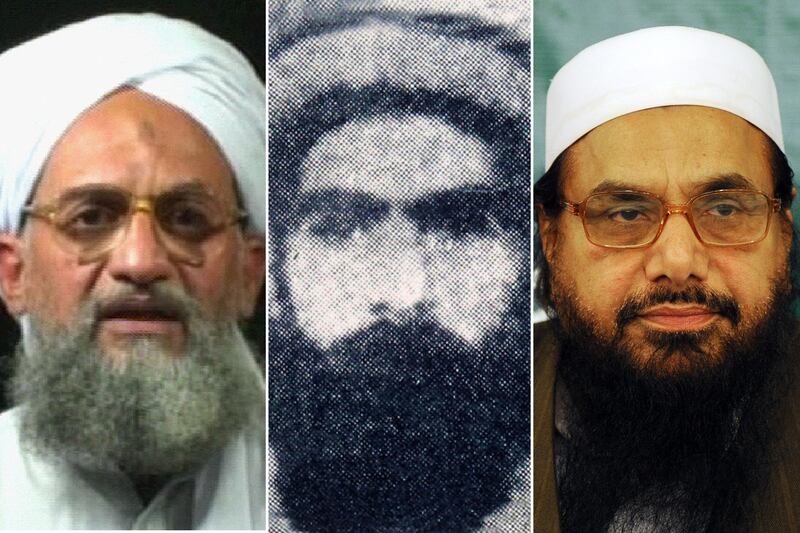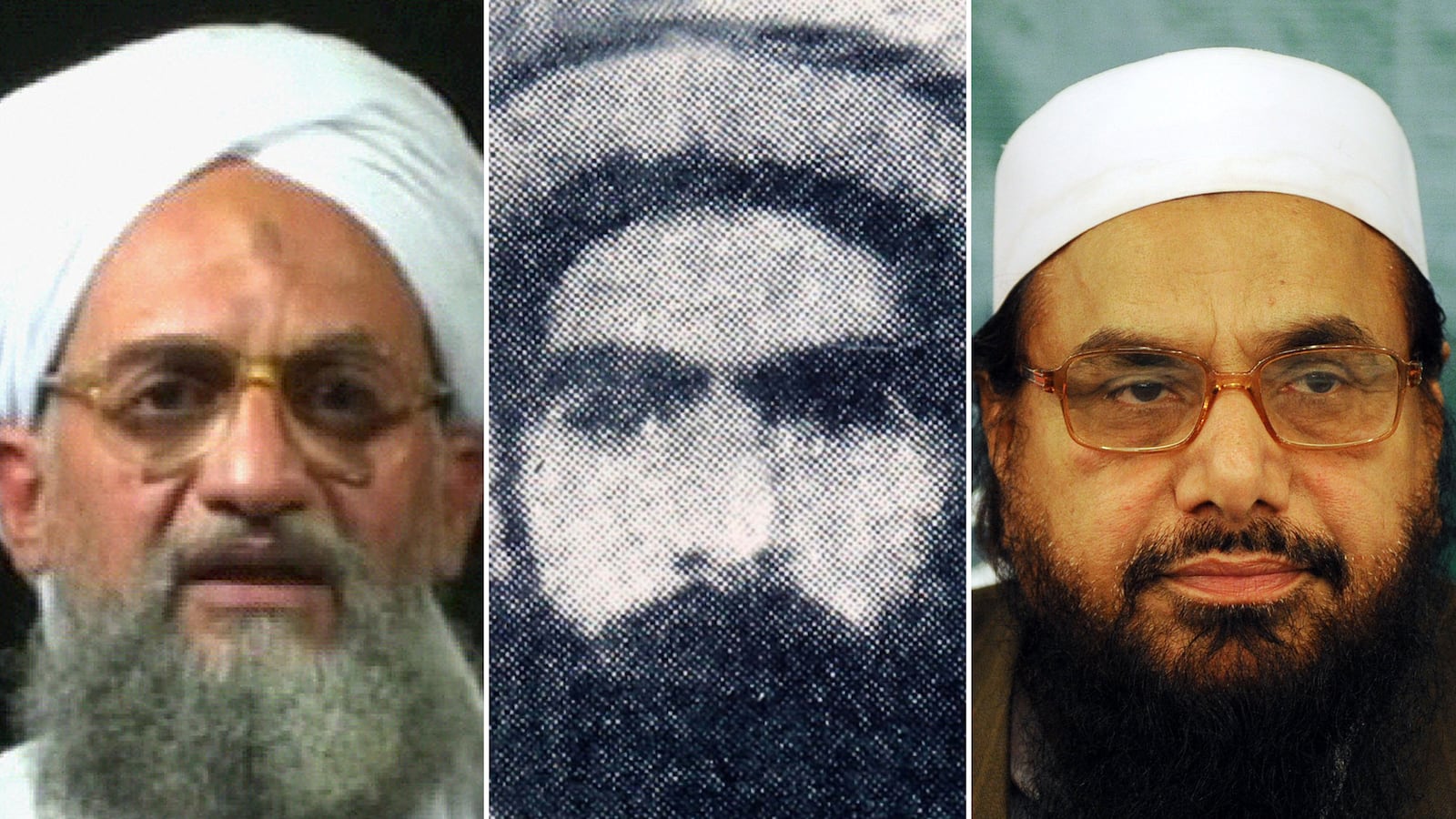President Obama’s dramatic visit to Kabul and his address to the American people underscored the most important lesson of the mission that killed Osama bin Laden: we need Afghanistan. Without Afghan bases to operate from, we cannot defeat al Qaeda and its affiliates in Pakistan. It is a sobering truth that has long term implications for U.S. patience in dealing with the Afghan-Pakistan conundrum.
The agreement that Presidents Barack Obama and Hamid Karzai signed in Kabul commits the United States to a 10-year security partnership with Afghanistan that will run to at least 2024. After American and other NATO combat troops turn over the fight against the Taliban and al Qaeda to Afghan security forces in 2014, America will continue to provide expertise, funds, and military assistance to the Afghans. In turn, Afghanistan will provide the U.S. with the use of its military bases to carry out counterterrorist missions in the region. Neither side says those missions—including drone attacks—will be in Pakistan, but everyone knows that is the deal. For understandable reasons Obama and Karzai pull their punches about Pakistan, but they know the truth well: Pakistan cannot police its terror problem.
The SEAL mission that killed high-value target No. 1 illustrated dramatically that America does not trust Pakistan to take action against key terror targets. After providing almost $25 billion in military and economic aid to Pakistan to fight al Qaeda since 9/11, Obama and his aides rightly decided that giving any advance information to the Pakistanis, even to strongman Gen. Ashfaq Parvez Kayani, would compromise the raid. Bitter experience in the last decade has proven that. The elected civilian government that might be prepared to do more against terror simply does not control the generals who run Pakistan’s security services.

Today three of the five terrorists on America’s most-wanted list live in Pakistan. Bin Laden’s heir, Ayman Zawahiri, is the only one “hiding.” Mullah Omar, the leader of the Afghan Taliban, commutes between bases in Quetta and Karachi where he enjoys the backing of the Pakistani intelligence service, the Inter Services Intelligence Directorate (ISI). The ISI has been his patron since the mid-'90s. A NATO study based on the interrogations of 4,000 captured insurgents in Afghanistan leaked to the press earlier this year concluded that “senior Taliban leaders meet regularly with ISI personnel … and the ISI is thoroughly aware of the Taliban activities and the whereabouts of all senior Taliban personnel.”
The latest addition to the most-wanted list, Hafeez Saeed, the head of Lashkar-e-Taiba, does not even make any pretence of hiding. He is a regular on Pakistani television and often addresses large crowds of enthusiastic supporters at rallies the ISI helps to arrange. Saeed was responsible for the death of six Americans in the Mumbai massacre in November 2008. The ISI helped plan and finance the attack. When the Obama administration announced a $10 million bounty for him last month, the Pakistani authorities did nothing to bring him to justice.
Jimmy Carter has gotten a bad rap in the last few days from several Republicans who have argued that “even Carter” would have ordered the Abbottabad raid that killed bin Laden. President Carter in fact did order a high-risk military operation in 1979 to try to rescue the American hostages in Tehran. It failed because the mission was a bridge too far. The helicopters had to deploy from Oman and fly hundreds of miles to get to the target. In contrast, the SEAL mission was launched from Afghan bases within fairly easy reach of bin Laden’s hideout. Geography did in Carter. Without Afghanistan, it would have done in Obama, too. If the mission had been staged from the Arabian Sea, it would almost certainly have failed when the first helicopter into the hideout compound crash landed.
Obama inherited a disaster in Afghanistan in 2009. The Taliban had recovered from their initial defeat in 2001 with Pakistani help and were on the march in the southern and eastern parts of the country. They had the momentum everywhere. British, Danish, and Canadian forces in the south were on the defensive, facing catastrophic defeat. The surge of troops sent by Obama has turned the momentum around and made possible the building of an Afghan Army that with continued American financial and military support has a decent chance of containing the Taliban after 2014. It won’t be cheap, but it will be much less expensive than sending Americans to do the job.
Of course the best outcome would be a political process than brings the Taliban to a ceasefire and a negotiated settlement of the Afghan civil war. After undue delay the United States has finally put itself in support of such a process. The Taliban “suspended” their support for negotiations this spring. Shortly after they did so, they trumpeted a new American poll that showed growing American popular frustration with the war and a desire to get out of Afghanistan. The Taliban and their ISI patrons should reconsider now the wisdom of suspension. The president’s decision to sign the long-term pact with Kabul means time is not on the Taliban’s side. But we cannot depend on their good judgment; peace has been elusive in Afghanistan for more than 30 years now. Pakistan has become the terror capital of the world. We will need our Afghan partner for years to come.





